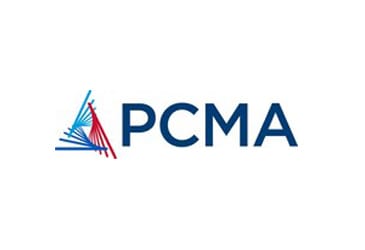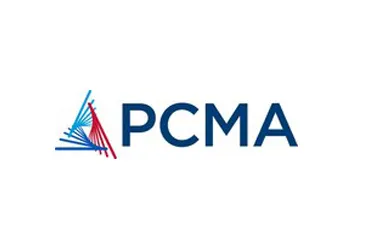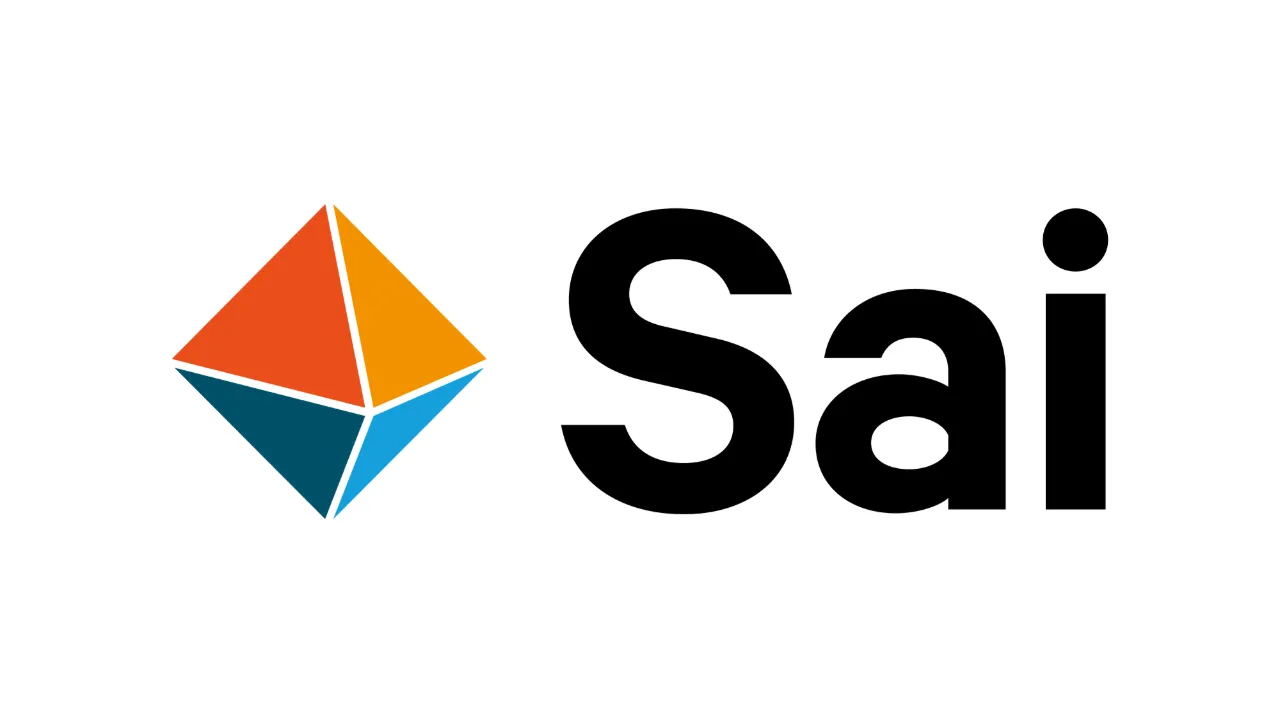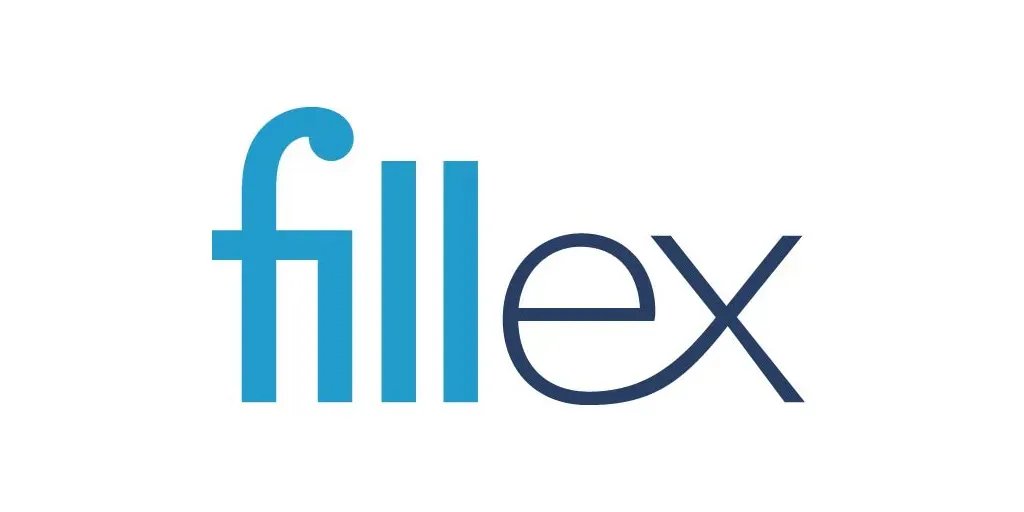Pharmacy benefit companies are working every day to secure savings for patients, families, and taxpayers. They pass the savings, or rebates, negotiated from big drug companies directly to the health plan sponsors who hire them, including federal health care programs and state governments – helping save taxpayers billions of dollars.

In the Medicare Part D program, pharmacy benefit companies pass on 99.6 percent of rebates secured by negotiating on behalf of seniors, resulting in significant health care premium savings for seniors and taxpayers.
As Casey Mulligan, Ph.D., a professor of economics at the University of Chicago, explained in a 2022 analysis of the pharmacy benefit industry, “Governments save money when the plans they subsidize save money that is passed through to reduced premiums… taxpayer savings has an important side effect on the rest of the economy because either tax rates can be cut, or government spending increased.”
Mulligan’s analysis found the savings secured by pharmacy benefit companies on behalf of taxpayers allow for reduced spending on non-pharmacy health care and drug plan subsidies — as well as savings through increased use of more affordable options, like generics — resulting in total federal taxpayer savings of $53 billion each year.
Government analysis has also confirmed the significant value of savings secured by pharmacy benefit companies on behalf of taxpayers.
A 2019 U.S. Government Accountability Office (GAO) report found savings from rebates negotiated by pharmacy benefit companies alone “offset Part D spending by 20 percent, from $145 billion to $116 billion” in a single year. In addition to the GAO report, a U.S. Department of Health and Human Services Office of Inspector General report (OIG) also confirms that rebates lead to lower prescription drug costs in the Medicare prescription drug program.
In addition, the U.S. Centers for Medicare and Medicaid Services (CMS) and the Congressional Budget Office (CBO) confirmed undermining pharmacy benefits would dramatically increase costs for taxpayers.
- CBO estimated a proposal under the previous administration to eliminate rebates in the Medicare Part D program would have increased taxpayer prescription drug spending by $177 billion from 2020 to 2029.
- CMS found the proposal would do nothing to lower prescription drug prices, would increase premiums on seniors by 25 percent, and would cost taxpayers $196 billion in additional spending from 2020 to 2029.
Other misguided proposals to undermine pharmacy benefits, such as the Pharmacy Benefit Manager Transparency Act (S. 127), would also dramatically increase costs for taxpayers.
Mulligan provided testimony to the U.S. Senate Committee on Commerce that S. 127 would add, “Easily $10 billion a year to the federal deficit, maybe $40 billion a year, maybe more.”
Pharmacy benefit companies have been proven to secure savings for patients, employers, families, and taxpayers.









